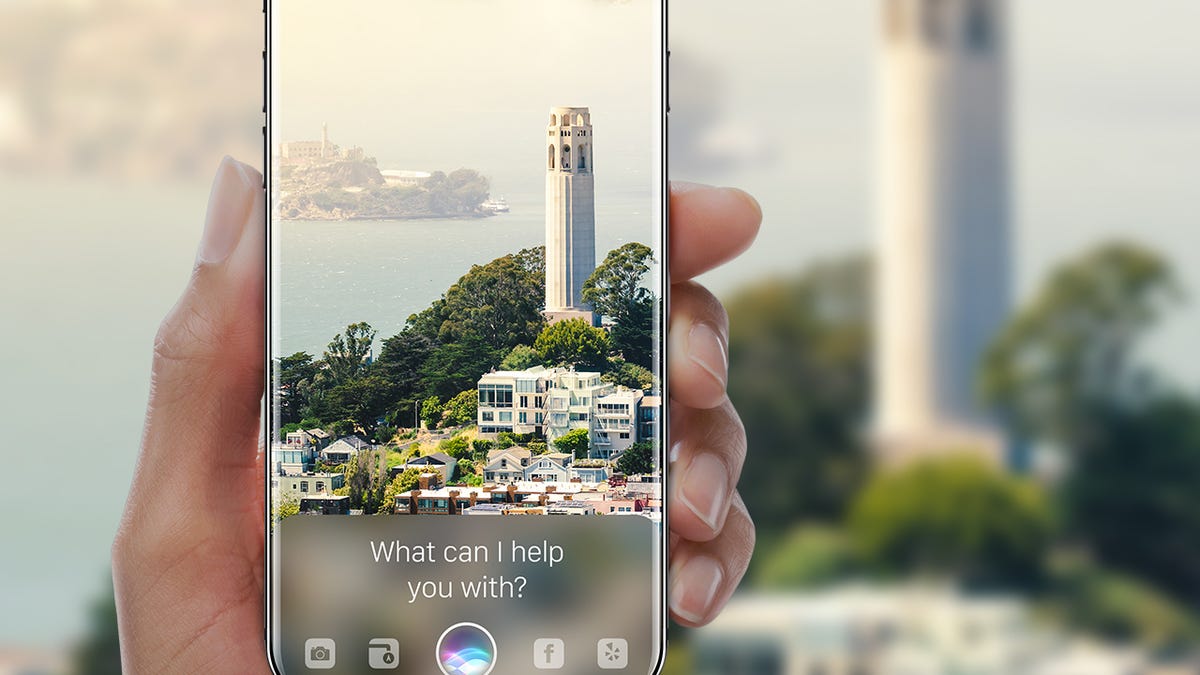iPhone 8 rumored to get world's first 3D facial-recognition camera
LG is reportedly spending big money on a factory to build 3D facial-recognition camera modules for the next iPhone.

The iPhone's selfie camera might enter the third dimension.
Apple is reportedly working with LG Innotek, a branch of LG that makes electronic components, to supply the world's first 3D facial recognition-capable camera to the iPhone 8, according to Korea Economic Daily (via The Investor).
3D facial recognition would give the camera the ability to sense depth, which can in theory make the act of unlocking the phone with your face more secure. The straightforward facial recognition on the new Samsung Galaxy S8 isn't secure enough to authenticate mobile payments; it's been fooled by using a simple photograph.
LG Innotek was also behind the dual-camera on the iPhone 7 Plus.
The iPhone 8 was rumored to get facial recognition after Apple bought Israeli startup RealFace. And this isn't the first time we've heard that LG Innotek will be supplying the camera modules to make Apple's facial recognition possible. After all, LG Innotek already supplies the dual-camera modules for the iPhone 7 Plus.
But the new report does add some specifics as to what's happening on the supply-chain side. LG allegedly invested about $238.5 million in a new facility to make new camera modules for Apple. This is reportedly due to the fact that the 3D camera will be smaller than the iPhone 7 Plus cameras, and therefore needs a different factory to make them.
The 3D cameras will also go on the front of the iPhone 8, says the report, which could require special attention if Apple shrinks the iPhone's bezels as on the Galaxy S8 or LG G6 to give its phone an edge-to-edge display.
Neither LG nor Apple responded to a request for comment.

